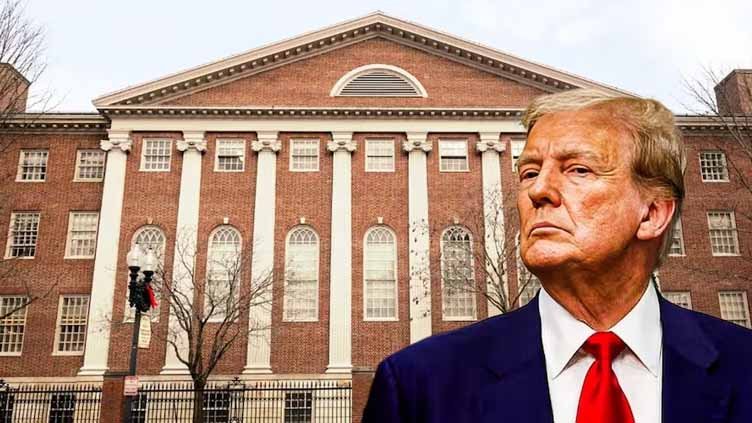U.S. film industry under threat, Trump claims, as government prepares sweeping trade measure targeting imported movies.
Former President Donald Trump announced on Sunday that the United States will impose a 100% tariff on all films produced abroad and distributed within the country. He said the move aims to reverse the decline of the American movie industry, which he blames on foreign governments offering generous tax incentives to lure productions overseas.
“This is a coordinated effort by foreign nations and represents a national security threat,” Trump wrote on Truth Social. “It’s not just about economics—it’s about messaging and propaganda.”
He ended the post with a call to action: “WE WANT MOVIES MADE IN AMERICA, AGAIN!”
Trump Orders Immediate Government Action
Trump has directed agencies like the Department of Commerce to implement the tariff without delay. Commerce Secretary Howard Lutnick confirmed the move on X (formerly Twitter), writing: “We’re on it.”

However, no clear guidelines have been provided on how the tariff will be calculated or enforced. It’s also unclear whether it will apply to streaming services, theatrical releases, or both.
Key questions remain, such as whether the tariff will be based on a film’s production budget or on revenue generated within the U.S.
Hollywood in Confusion Over Trump’s Tariff Plan
Major studios and executives are scrambling to interpret the new policy. The Motion Picture Association, which represents top film studios, has not issued a public statement.
International film production has become common for U.S. companies like Disney, Netflix, and Universal, which often film in Canada or the UK to benefit from local financial incentives.
Global Backlash Begins
Leaders from Australia and New Zealand responded swiftly, vowing to defend their domestic film industries. Australia has hosted major Marvel productions, while New Zealand gained global fame for its role in The Lord of the Rings trilogy.
Trump Faces Global Film Competition Pressure
Research from ProdPro, a film and TV analytics firm, shows that 50% of U.S. productions with budgets over $40 million were filmed overseas in 2023.
Production in Los Angeles has fallen nearly 40% over the past decade, according to FilmLA. The decline worsened after wildfires in January, leading some in the industry to consider relocating rather than rebuilding.
A recent ProdPro survey placed California sixth among preferred filming locations—behind Toronto, the UK, Vancouver, Central Europe, and Australia.
Hollywood Unions Urge California to Act
Producers and labor unions are now calling on Governor Gavin Newsom to expand California’s film tax incentives. They argue stronger support is necessary to keep the state competitive in the global market.
Experts Warn Trump’s Tariff May Backfire
William Reinsch, a former Commerce Department official and current fellow at the Center for Strategic and International Studies, warned of international retaliation.
“We stand to lose much more than we gain,” Reinsch said.
“It will be difficult to justify this as a national security or emergency issue, and retaliation could cripple U.S. exports.”











